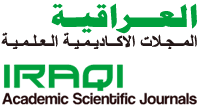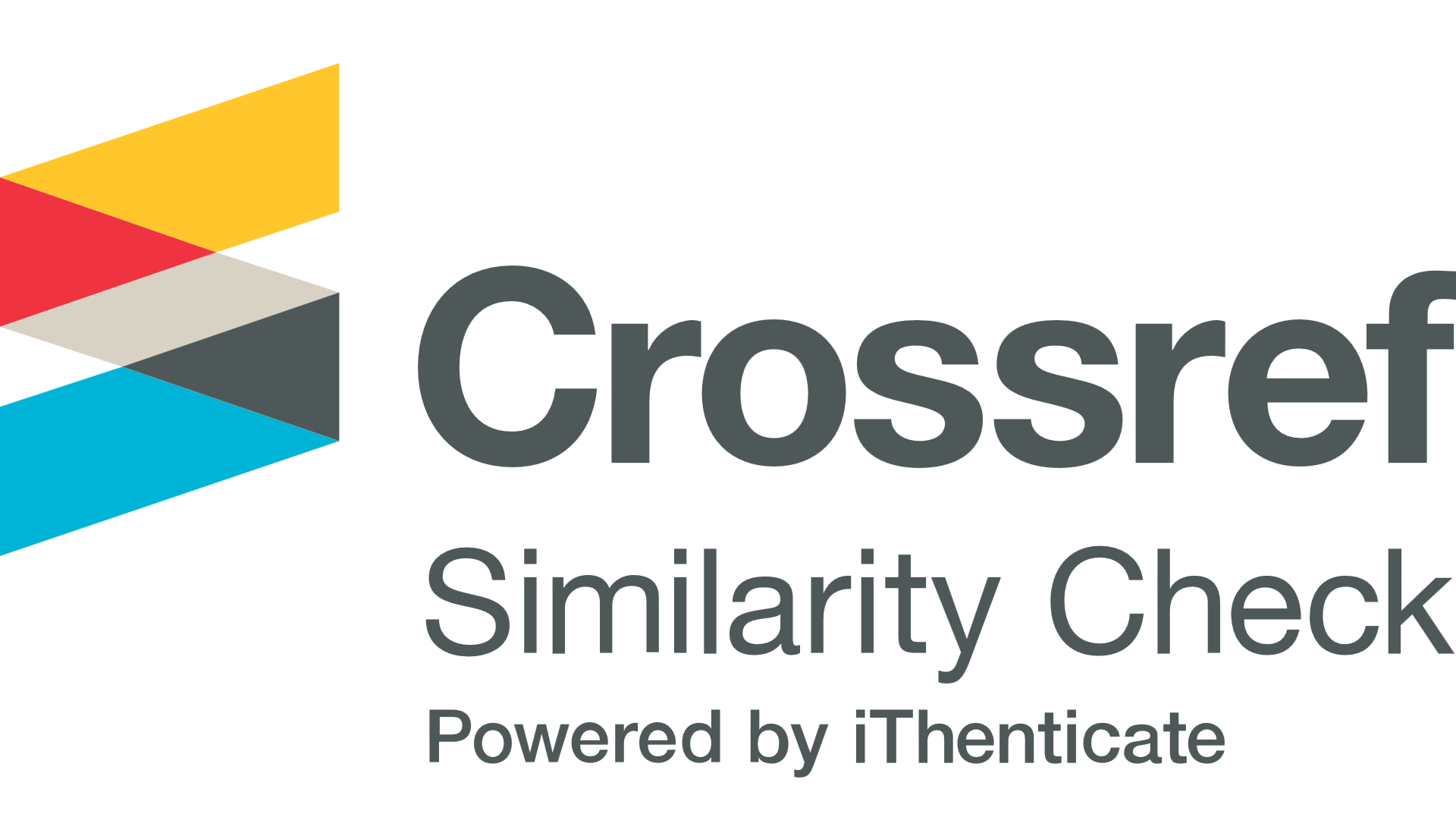Effect of lipopolysaccharide extracted from Escherichia coli in immune response of BALB/c mice against infection with secondary hydatid disease. III. Phagocytosis and delayed-type hypersensitivity.
Abstract
This study investigated the immune system response to infection withsecondary hydatid cysts in BALB/c mice activated withlipopolysaccharide (LPS) , extracted from Escherichia coli, and infectedwith protoscoleces of Echinococcus granulosus of sheep origin .Pathological changes occuned in mice activated with LPS werefollowed, in comparison with the control group (mice infected withprotoscoleces but not activated by LPS) along the five months peroid ofexperiments , depending on certain criteria including changes in themeans of non-specific and specific immune response represented bychanges in the phagocytic index and foot pad thickness, respectively.Results of the study revealed an increase in the non-specific (innate) andspecific (cellular) immunity expressed by increase in the rate ofphagocytic index and foot pad thickness, respectively, in activated micewhen compared with the control group.The general conclusion whichcould be drawn from the present results is that, lipopolysaccharideextracted from E. coli acts as an active immunomodulator and is able toevoke the innate and cell mediated immunity (CMI) in mice infectedwith secondary hydatid disease .





